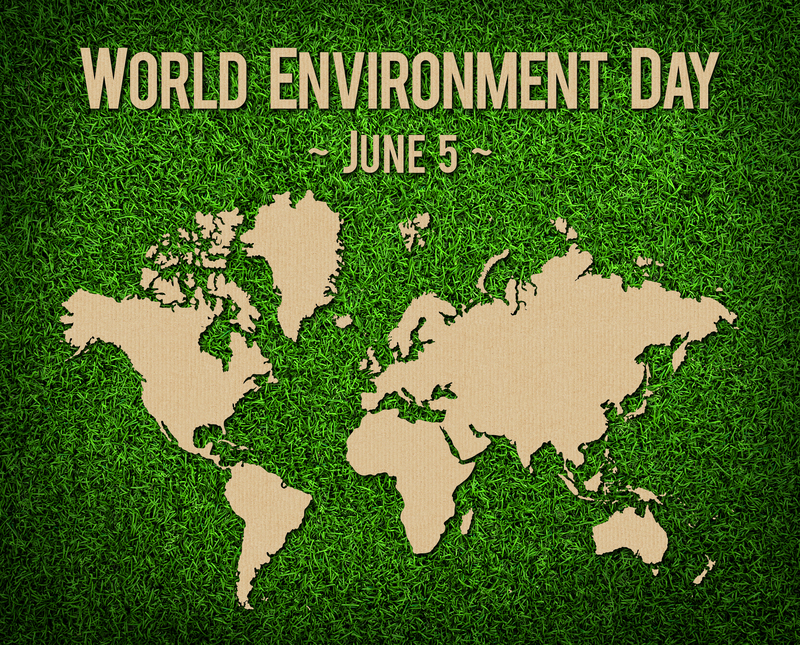Simplified Biodegradable Waste Management Tips
In today's world, effective waste management is crucial to maintaining a sustainable and healthy environment. One critical aspect of this is managing biodegradable waste--organic material that can break down naturally in the environment. By adopting proper practices, we can significantly reduce the impact of waste on our planet. This article delves into simplified biodegradable waste management tips that can be easily implemented in our daily lives.
Understanding Biodegradable Waste
Biodegradable waste includes any organic material that can decompose through the action of microorganisms, such as bacteria and fungi. Examples include kitchen scraps, agricultural waste, paper, and certain types of packaging. Properly managed biodegradable waste not only reduces environmental pollution but also can be converted into valuable resources like compost and biogas.

Benefits of Biodegradable Waste Management
Effective biodegradable waste management provides numerous benefits:
- Environmental Conservation: Reduces greenhouse gas emissions and minimizes landfill waste.
- Resource Recovery: Converts waste into useful products like compost and biogas.
- Soil Health: Compost enriches soil, boosts its fertility, and promotes healthier plant growth.
- Economic Savings: Reduces the costs associated with waste disposal and encourages recycling industries.
Tips for Effective Biodegradable Waste Management
Here is a comprehensive guide to managing biodegradable waste effectively:
1. Start Composting
Composting is a natural process that turns organic waste into nutrient-rich compost. Here's how you can start:
- Select a Composting Method: Choose between backyard composting, vermicomposting, or using a compost tumbler.
- Gather Materials: Combine green (nitrogen-rich) and brown (carbon-rich) materials. Green materials include kitchen scraps and grass clippings, while brown materials include dry leaves and cardboard.
- Monitor and Maintain: Regularly turn the compost pile to aerate it and maintain the right moisture levels.
2. Use Biodegradable Products
Opting for biodegradable products reduces the volume of non-degradable waste. Consider using:
- Biodegradable Packaging: Select packaging materials made from natural fibers or biodegradable plastics.
- Organic Cleaning Products: Choose cleaning products that break down naturally and are free from harmful chemicals.
- Compostable Utensils: Use utensils made from materials like cornstarch or bamboo, which can decompose easily.
3. Implement Waste Segregation
Proper segregation of waste at the source makes biodegradable waste management more efficient. Follow these steps:
- Separate Waste: Designate separate bins for biodegradable, recyclable, and non-biodegradable waste.
- Educate Household Members: Encourage everyone in your household to correctly segregate waste.
- Label Bins: Clearly label bins to avoid confusion and ensure proper disposal.
4. Participate in Community Programs
Engaging in community waste management programs amplifies the impact of your efforts. You can:
- Join Municipal Composting Initiatives: Many municipalities offer composting programs and facilities.
- Engage in Composting Workshops: Attend workshops to learn advanced composting techniques.
- Support Local Farmers: Donate surplus compost to local farmers and community gardens.
Challenges in Biodegradable Waste Management
Despite its benefits, biodegradable waste management poses certain challenges:
- Contamination: Non-biodegradable materials mixed with organic waste can hinder composting and recycling.
- Lack of Awareness: Many people are unaware of the benefits and methods of biodegradable waste management.
- Inadequate Facilities: Some regions lack infrastructure for large-scale composting and waste processing.
Addressing these challenges requires continuous education, community involvement, and investment in waste management infrastructure.

Future of Biodegradable Waste Management
The future of biodegradable waste management looks promising with advancements in technology and growing awareness. Innovations include:
- Advanced Composting Techniques: Innovations like aerobic digesters and bio-reactors can speed up the composting process.
- Biodegradable Waste-to-Energy Systems: Converting biodegradable waste into biogas for energy production is gaining traction.
- Smart Waste Management Solutions: Using IoT and AI to optimize waste collection and processing.
As these technologies evolve, they offer scalable and efficient solutions to biodegradable waste management challenges.
Final Thoughts
Sustainable biodegradable waste management is integral to preserving our environment and natural resources. By understanding the importance of managing biodegradable waste and implementing the simplified tips shared in this article, individuals and communities can play a pivotal role in achieving a zero-waste future. Whether it's composting, using biodegradable products, or participating in community programs, every small effort counts in creating a healthier, cleaner planet.
